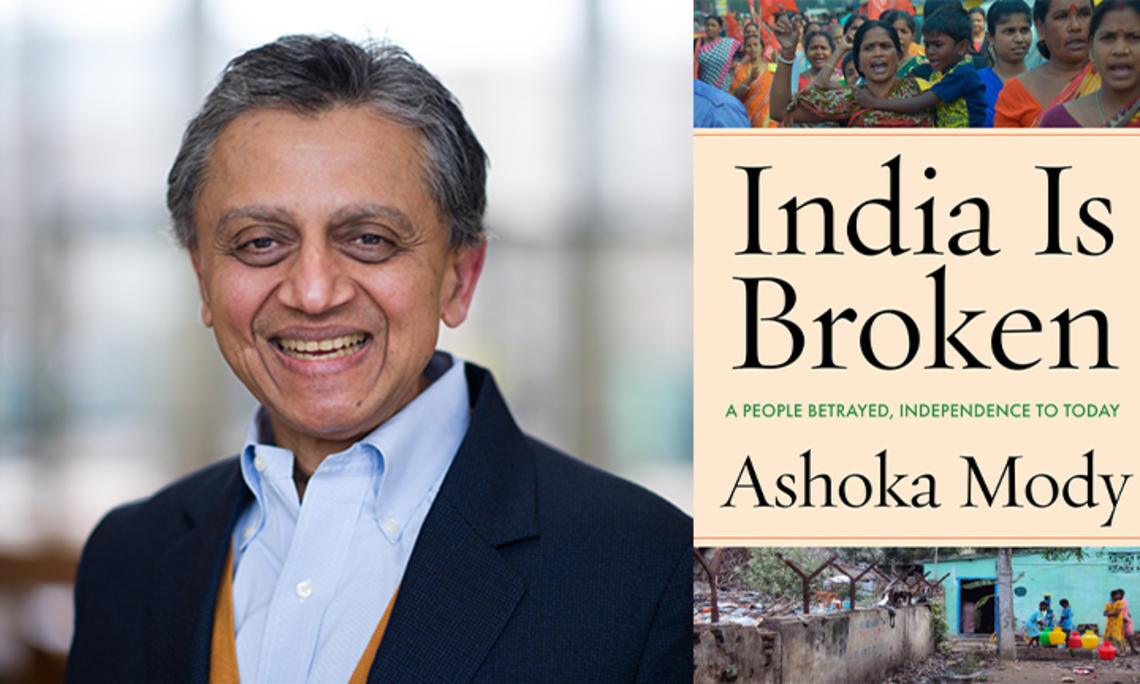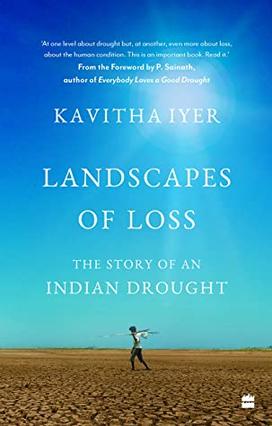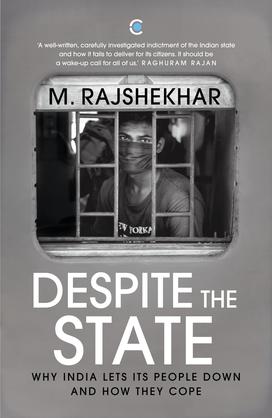
Ashoka Mody is a visiting professor of international economic policy at Princeton’s School of Public and International Affairs. His most recent book, India is Broken: A People Betrayed, Independence to Today (Stanford University Press, 2023) is a post-independence economic and political history of India. Counter to an elite narrative of India on the move, the book is tale of eroding social norms and public accountability that perpetuate widespread joblessness and poor public services.
PAW asked Mody to recommend three more books for readers to understand India, and he suggested these.

By Kavitha Iyer
Indian agriculture employs 45% of the country’s workers. Iyer’s poignantly written book is an account of India’s agrarian distress as generational subdivision reduces farm sizes. Based in the arid region of Marathwada, the book is a glimpse into a future with depleting water sources throughout India, aggravated manifold by climate-change-induced extreme weather events.

Rivers Remember: Lessons and Stories from #Chennai Rains
By Krupa Ge
In Indian cities, new construction and its debris have filled up water bodies such as ponds and lakes. Not only are cities running short of water, but even modest rainfall causes heavy flooding since the rainwater has no natural sink. Ge’s book is a wrenching account of the flood in the southern city of Chennai in December 2015 — and it is a peek into India’s urban future.

Despite the State: Why India Lets Its People Down and How They Cope
By M. Rajshekhar
A breathtaking story of corruption and crime in Indian politics. It helps understand the current vortex of drug trafficking and political violence in the state of Punjab as, in large part, the result of years of plundering of state resources by its political masters. Meanwhile, nationwide illegal sand mining ravages the environment and supplies a steady stream of criminal politicians.










0 Responses